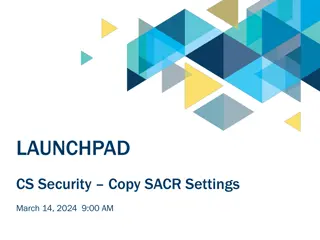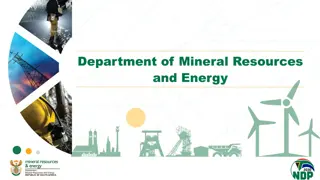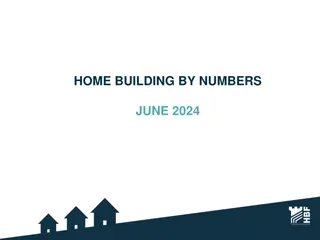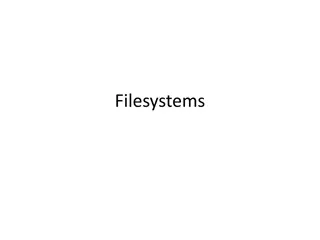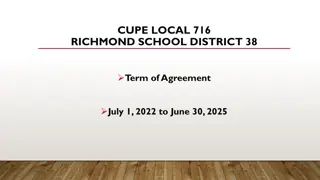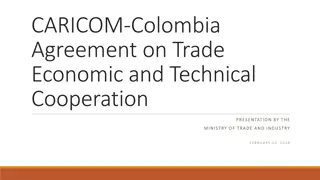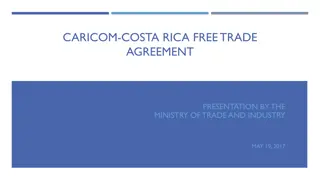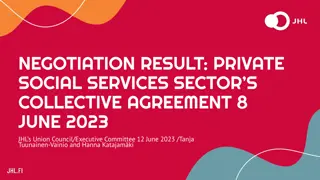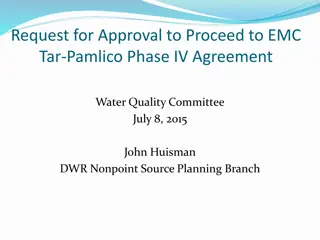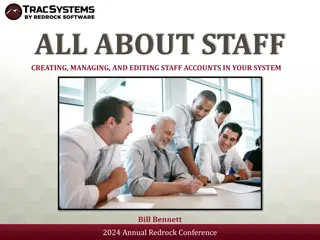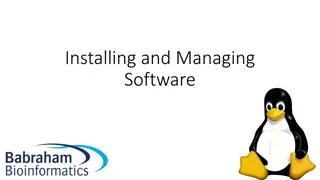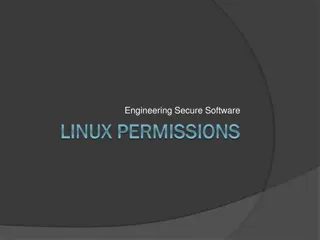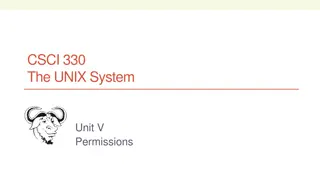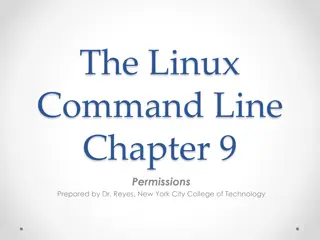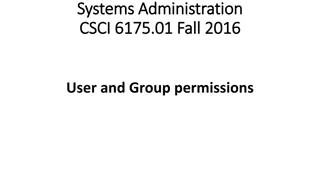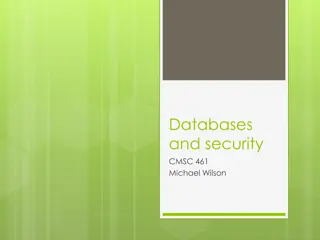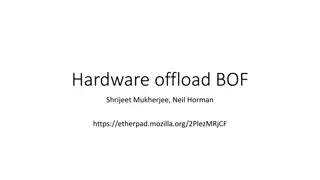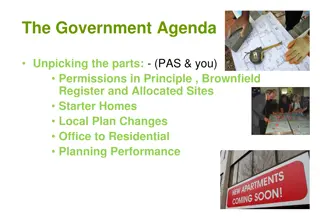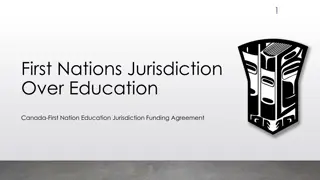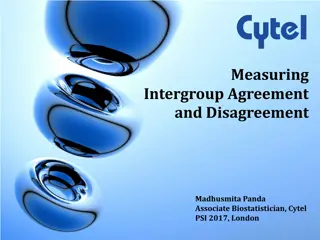
Canonical Permissions and Diocesan Approval Policy
Learn about the requirements for requesting and obtaining canonical permissions and diocesan approval for various activities within a diocese, including the purchase of real property, financial commitments, and liturgical matters. Understand the process, purpose, and significance of obtaining these permissions as outlined by canon law.
Download Presentation

Please find below an Image/Link to download the presentation.
The content on the website is provided AS IS for your information and personal use only. It may not be sold, licensed, or shared on other websites without obtaining consent from the author. If you encounter any issues during the download, it is possible that the publisher has removed the file from their server.
You are allowed to download the files provided on this website for personal or commercial use, subject to the condition that they are used lawfully. All files are the property of their respective owners.
The content on the website is provided AS IS for your information and personal use only. It may not be sold, licensed, or shared on other websites without obtaining consent from the author.
E N D
Presentation Transcript
Request for Request for Permissions & Permissions & Service Service Agreement Agreement MAY 2025 MAY 2025
Request for Permissions Request for Permissions Why? Why? Required by Canon Law The Bishop desires be aware of certain activities Required by our Insurance
Request for Permissions Request for Permissions - - Purpose Purpose While the pastor, canonical administrator of parish or school, or other appropriated delegated church official has the authority to take actions (within the boundaries of corporate governance), certain actions require diocesan review and canonical permission by the Bishop or his delegate for the sake of canonical (or even civil) validity. The purpose of this policy is to articulate expectations for these particular actions. This permission is sometimes canonically required by an action itself, and at other times, it is required because a certain action has been identified as an act of extraordinary administration by the diocesan bishop (c. 1281 1-2).
Request for Permissions Request for Permissions Why New Process Why New Process Clarify what actions that require Diocesan Approval Try to make the process straight-forward and efficient Document the flow and confirm approval
Activities that Require Canonical Permission Activities that Require Canonical Permission Purchase of Real Property Any Borrowing or Entering into a Lin of Credit Leasing Property to a non-Diocesan Entity Alienation of religious artifacts considered part of religious patrimony (i.e. artifacts of significance to the devotional or liturgical life of the entity) One-time commitment of resources, purchased or leased, over $50,000, outside the operational budget Building projects (construction, renovation, extraordinary repairs) Alienation of real property Initiating or responding to civil litigation (c.1288) Capital Campaigns Refusing and accepting major gifts (c. 1267 1-2)
Purchase of Real Property Purchase of Real Property All proposed purchases must be reviewed by the Chief Finance Officer of the Diocese and receive canonical permission from the Bishop. Purchases of $250,000 or greater require approval from the diocesan College of Consultors and the diocesan Finance Council prior to canonical review and permission by the Bishop.
Any borrowing or entering into a line of Credit Any borrowing or entering into a line of Credit All proposed purchases must be reviewed by the Chief Finance Officer of the Diocese and receive canonical permission from the Bishop. May require additional action if it may potentially threaten the stable patrimony of the organization, requires approval by the diocesan College of Consultors and Finance Council (cf. c. 1295).
Leasing property to a non Leasing property to a non- -diocesan entity diocesan entity Written notice of any proposed lease of property to a non-diocesan entity, regardless of value shall be provided to the diocesan Chief Financial Officer. If the total of all lease payments or the value of the property subject to the lease is $25,000 or more, or if the lease lasts longer than a year, in compliance with the USCCB Complementary Norm on Canon 1297, canonical permission from the Bishop is required.
Alienation of religious artifacts considered part of religious Alienation of religious artifacts considered part of religious patrimony (i.e. artifacts of significance to the devotional or patrimony (i.e. artifacts of significance to the devotional or liturgical life of the entity) liturgical life of the entity) Alienation of any religious artifacts considered part of religious patrimony of the organization must be reviewed by the diocesan Chief Financial Officer and diocesan Vicar for Worship and receive canonical permission from the Bishop. In compliance with the USCCB Complementary Norm on Canon 1292, 1, for alienation of religious artifacts valued above $25,000 or 10% of the entity s prior year ordinary annual income, whichever is higher, the Bishop is to receive consent from the diocesan College of Consultors and diocesan Finance Council prior to providing canonical permission.
Definition of Religious Artifacts Definition of Religious Artifacts All items that serve a recognizable liturgical or devotional function, such as religious art, statues, books, or vestments
One One- -time commitment of resources, purchased or time commitment of resources, purchased or leased, over $50,000, outside the operational budget leased, over $50,000, outside the operational budget All proposed purchases must be reviewed by the Chief Finance Officer of the Diocese and receive canonical permission from the Bishop. Purchases of $250,000 or greater require approval from the diocesan College of Consultors and the diocesan Finance Council prior to canonical review and permission by the Bishop.
Building projects (construction, renovation, Building projects (construction, renovation, extraordinary repairs) extraordinary repairs) All proposed building projects for parish churches or chapels [or related to liturgical questions] require diocesan review by the Vicar for Worship and canonical permission from the Bishop. Projects above $50,000 require diocesan review facilitated by the Director of Property Management. Projects above $100,000 require review by the Building Commission. Building projects involving repairing damage (i.e. storms) may not require Building Commission review, but the plan and contract(s) are to be reviewed by the Director of Property Management.
Alienation of Real Property Alienation of Real Property Any alienation of real property must be reviewed by the diocesan Chief Finance Officer and receive canonical permission from the Bishop. In compliance with the USCCB Complementary Norm on Canon 1292, 1, alienation of real property above $25,000 or 10% of the entity s prior year ordinary annual income, whichever is higher, requires the Bishop to receive consent from the diocesan College of Consultors and diocesan Finance Council prior to providing canonical permission.
Initiating or responding to civil litigation (c.1288) Initiating or responding to civil litigation (c.1288) Civil litigation may not be initiated without diocesan review and receiving canonical permission from the Bishop. All lawsuits, complaints, subpoenas, or other notices of legal proceedings or governmental regulatory or administrative action which requires a responsive legal pleading or other action by the organization are to be immediately reported to the Diocesan Director of Human Resources, diocesan Chief Financial Officer, and Chancellor.
Capital Campaigns Capital Campaigns In compliance with the USCCB Complementary Norm on Canon 1262, all proposed capital campaigns need to receive canonical permission from the Bishop. Prior to this permission being provided, proposed campaigns must be reviewed by the diocesan Director of Development and Chief Finance Officer. Any campaign involving the purchase of real property and/or building projects, shall also be subject to the approval requirements applicable to building projects and or real property purchases, set forth above under this Canonical Permissions Policy.
Refusing and accepting major gifts (c. 1267 Refusing and accepting major gifts (c. 1267 1 1- -2) 2) The rejection of gifts valued at over $100,000, or acceptance of gifts when the gift includes additional conditions such as naming rights or other conditions governing use of the gift beyond the designated purpose, require canonical permission from the Bishop.
Who does this apply to? Who does this apply to? This policy can apply to organizations directly, because of their identity as public juridic persons (e.g. parishes); derivatively, because they are apostolates of public juridic persons (e.g. parish schools and parish foundations), or particularly because the diocesan bishop has identified a specific apostolate as benefiting from the policy (e.g. Emmaus House, Other Diocesan schools (Dowling College, St Albert s etc.).
Other Definitions Other Definitions Alienation Alienation: The transfer of ownership of property (real or personal) from one person (physical or juridic) to another. When the property is of a certain value and/or type (e.g. stable patrimony or historically or artistically precious items), it must be alienated according to certain canonical formalities. These formalities are described as restricted alienation. Stable Patrimony Stable Patrimony: all property (real or personal) which is intended to remain in the possession of the owner for a long or indefinite period of time. When stable patrimony of a particular value is alienated or when another action could worsen/jeopardize the stable patrimony, it requires certain canonical formalities which are meant to ensure transparent and effective administration of goods. Any action that may potentially threaten the stable patrimony of the organization, requires approval by the diocesan College of Consultors and Finance Council (cf. c. 1295).
Other Permissions Other Permissions Required by Insurance Required by Insurance Employee Terminations Employee Terminations: All employee terminations are required to be reviewed and approved by the Director of HR & Safe Environment. Employment practices insurance may not cover employee claims for wrongful termination. Contract Reviews Contract Reviews: All building related contracts (even if they are related to insurance claim repairs) are required to be reviewed by the Director of Property Management. Non-building related contracts should be reviewed by Catholic Mutual.
Requestion Requestion for for Permissions Permissions Process Process Forms for each Approval will be on the Diocesan Finance Website Identify Required Documents Submit Button Fillable Forms Requests@dmdiocese.org After Submission Confirmation Email will be sent from Requests@dmdiocese.org All requests will be monitored to a insure timely response on the Diocese side. All completed requests will be filed at the Diocese.
Request for Request for Permissions Permissions New Process Process New
Diocese Service Agreement Diocese Service Agreement Purpose: Purpose: Strengthen the document that we are all separate legal entities doing business independently but still under Canon Law. Identify common services performed for the affiliate by the Diocese Identify specific services performed for specific affiliates of the Diocese
Diocese Service Agreement Diocese Service Agreement Common Services Common Services(Paid via ADA (Paid via ADA IT WILL BE NETTED IT WILL BE NETTED - - NO ADDITIONAL CHARGES) NO ADDITIONAL CHARGES): : Human Resources Safe Environment Finance Insurance & Risk Management Property Services Development Services Legal Matters Information Technology & Other Business Services Pastoral Services Schools Related Services
Diocese Service Agreement Diocese Service Agreement Specific Services Specific Services (Services to be billed separately): (Services to be billed separately): Payroll Accounting IT Support
Diocese Service Agreement Diocese Service Agreement Timing: Timing: Sending out to Business Managers and Pastors in June Would hope to gather Pastor s signatures before July 1st. Effective 1 July 2025
Insurance Renewal Insurance Renewal Property Coverage - Increase 10 -11% Liability Coverage Increase 8% Worker s Compensation 10.5%

